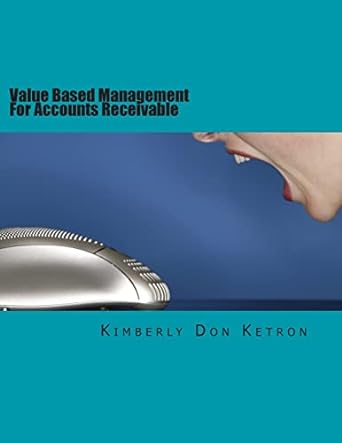Answered step by step
Verified Expert Solution
Question
1 Approved Answer
Garca Company can invest in one of two alternative projects. Project Y requires a $420,000 initial investment for new machinery with a four-year life and
Garca Company can invest in one of two alternative projects. Project Y requires a $420,000 initial investment for new machinery with a four-year life and no salvage value. Project Z requires a $432,000 initial investment for new machinery with a three-year life and no salvage value. The two projects yield the following annual results. Cash flows occur evenly within each year. (PV of $1, FV of $1, PVA of $1, and FVA of $1)
Note: Use appropriate factor(s) from the tables provided.
| Annual Amounts | Project Y | Project Z |
|---|---|---|
| Sales of new product | $ 430,000 | $ 530,000 |
| Expenses | ||
| Materials, labor, and overhead (except depreciation) | 196,000 | 206,000 |
| DepreciationMachinery | 105,000 | 144,000 |
| Selling, general, and administrative expenses | 56,000 | 56,000 |
| Income | $ 73,000 | $ 124,000 |
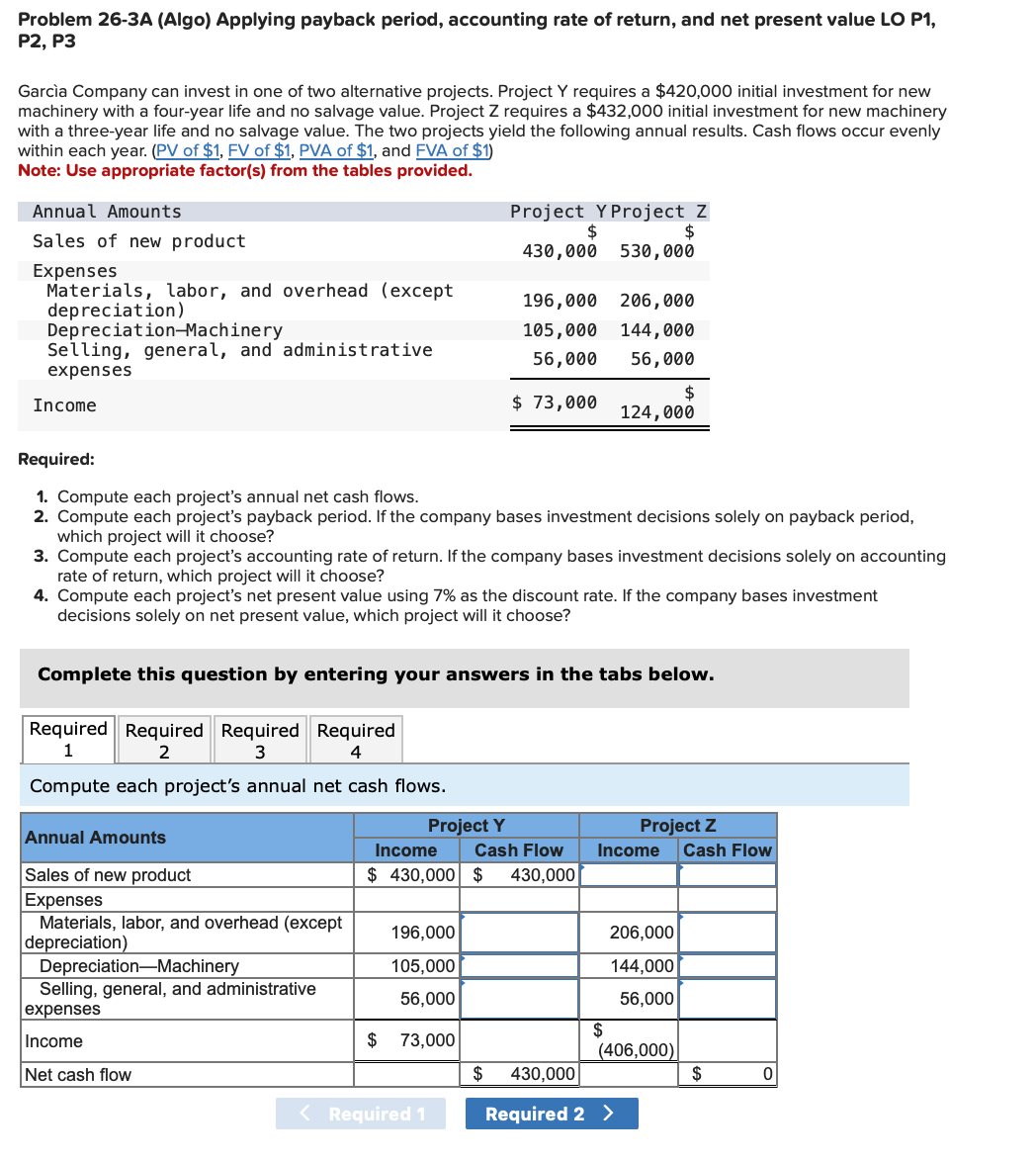
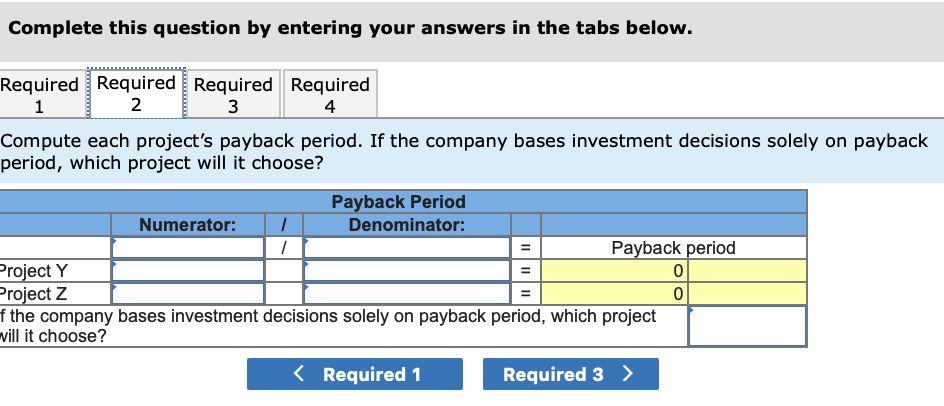
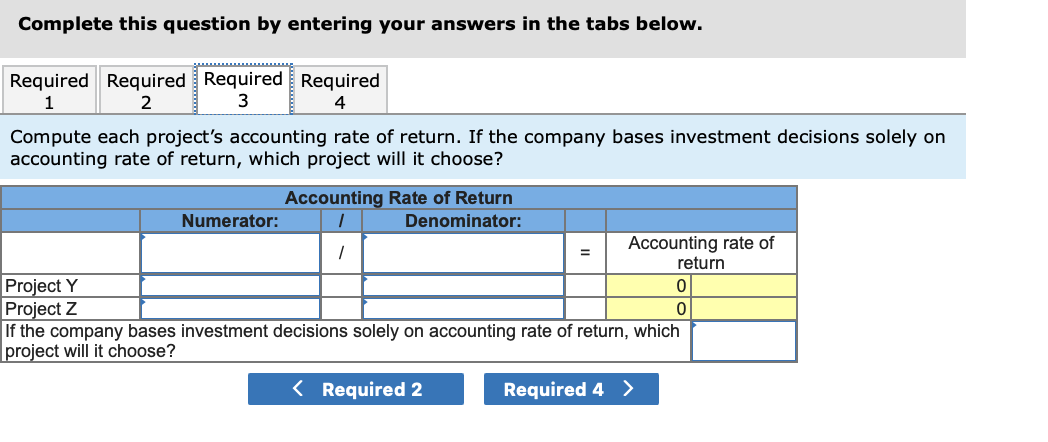
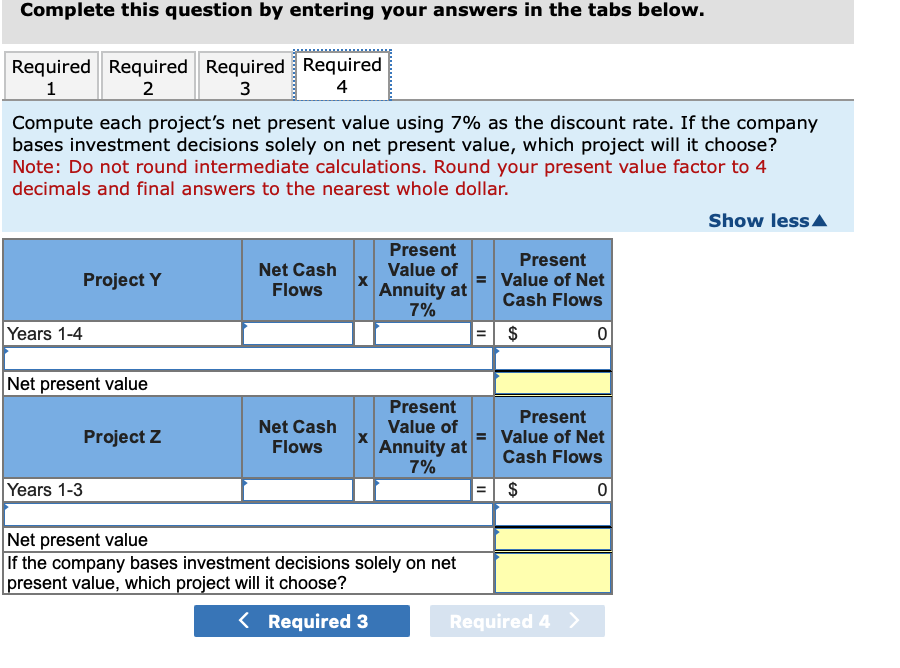
Problem 26-3A (Algo) Applying payback period, accounting rate of return, and net present value LO P1, P2, P3 Garca Company can invest in one of two alternative projects. Project Y requires a $420,000 initial investment for new machinery with a four-year life and no salvage value. Project Z requires a $432,000 initial investment for new machinery with a three-year life and no salvage value. The two projects yield the following annual results. Cash flows occur evenly within each year. (PV of $1, FV of $1, PVA of $1, and FVA of $1 ) Note: Use appropriate factor(s) from the tables provided. Required: 1. Compute each project's annual net cash flows. 2. Compute each project's payback period. If the company bases investment decisions solely on payback period, which project will it choose? 3. Compute each project's accounting rate of return. If the company bases investment decisions solely on accounting rate of return, which project will it choose? 4. Compute each project's net present value using 7% as the discount rate. If the company bases investment decisions solely on net present value, which project will it choose? Complete this question by entering your answers in the tabs below. Compute each project's annual net cash flows. Complete this question by entering your answers in the tabs below. Compute each project's payback period. If the company bases investment decisions solely on payback period, which project will it choose? vill it choose? Complete this question by entering your answers in the tabs below. Compute each project's accounting rate of return. If the company bases investment decisions solely on accounting rate of return, which project will it choose? project will it choose? Complete this question by entering your answers in the tabs below. Compute each project's net present value using 7% as the discount rate. If the company bases investment decisions solely on net present value, which project will it choose? Note: Do not round intermediate calculations. Round your present value factor to 4 decimals and final answers to the nearest whole dollar. Problem 26-3A (Algo) Applying payback period, accounting rate of return, and net present value LO P1, P2, P3 Garca Company can invest in one of two alternative projects. Project Y requires a $420,000 initial investment for new machinery with a four-year life and no salvage value. Project Z requires a $432,000 initial investment for new machinery with a three-year life and no salvage value. The two projects yield the following annual results. Cash flows occur evenly within each year. (PV of $1, FV of $1, PVA of $1, and FVA of $1 ) Note: Use appropriate factor(s) from the tables provided. Required: 1. Compute each project's annual net cash flows. 2. Compute each project's payback period. If the company bases investment decisions solely on payback period, which project will it choose? 3. Compute each project's accounting rate of return. If the company bases investment decisions solely on accounting rate of return, which project will it choose? 4. Compute each project's net present value using 7% as the discount rate. If the company bases investment decisions solely on net present value, which project will it choose? Complete this question by entering your answers in the tabs below. Compute each project's annual net cash flows. Complete this question by entering your answers in the tabs below. Compute each project's payback period. If the company bases investment decisions solely on payback period, which project will it choose? vill it choose? Complete this question by entering your answers in the tabs below. Compute each project's accounting rate of return. If the company bases investment decisions solely on accounting rate of return, which project will it choose? project will it choose? Complete this question by entering your answers in the tabs below. Compute each project's net present value using 7% as the discount rate. If the company bases investment decisions solely on net present value, which project will it choose? Note: Do not round intermediate calculations. Round your present value factor to 4 decimals and final answers to the nearest whole dollar
Step by Step Solution
There are 3 Steps involved in it
Step: 1

Get Instant Access to Expert-Tailored Solutions
See step-by-step solutions with expert insights and AI powered tools for academic success
Step: 2

Step: 3

Ace Your Homework with AI
Get the answers you need in no time with our AI-driven, step-by-step assistance
Get Started


